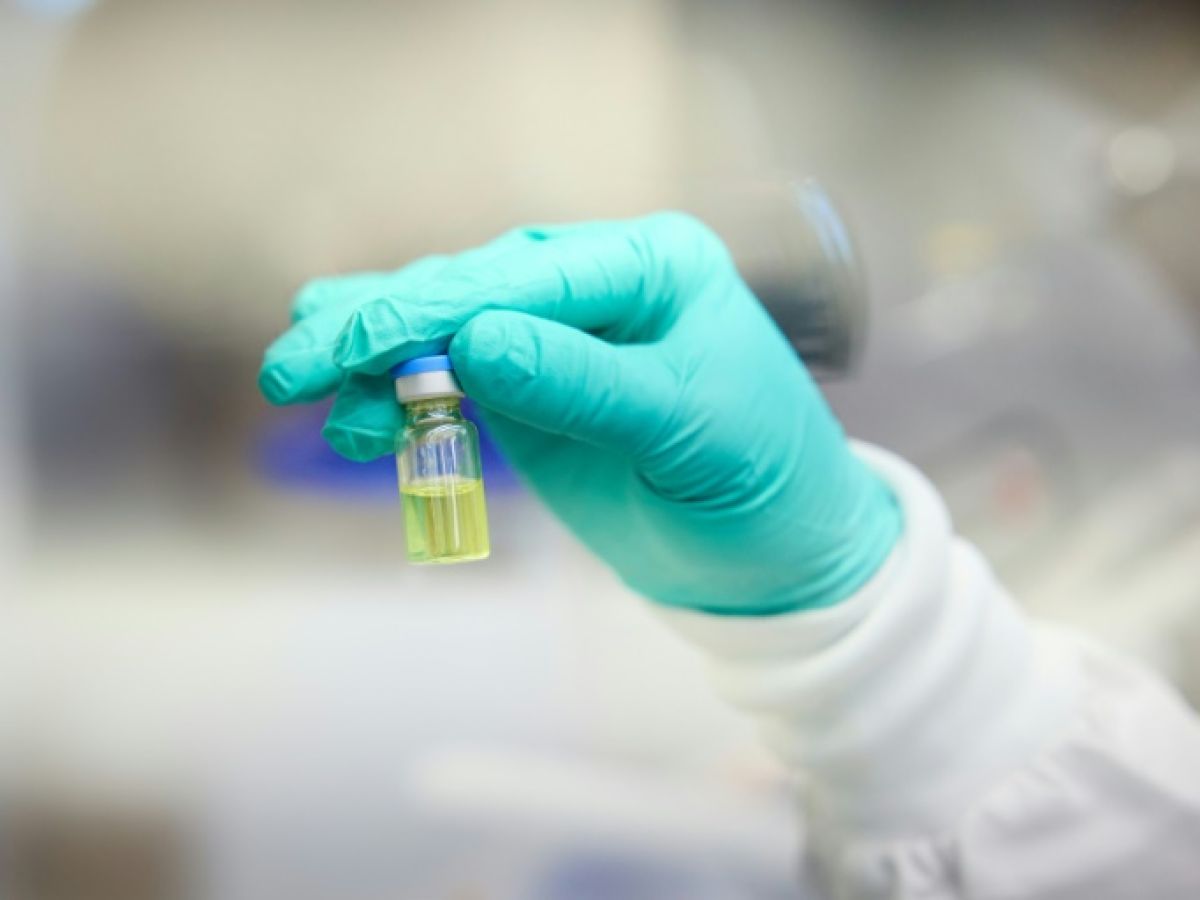Generic versions of a preventative treatment against HIV, injectable lenacapavir, should be available for $40 a year in more than 100 countries by 2027, Unitaid and the US Gates Foundation announced Wednesday.
These two organizations have entered into separate agreements with Indian pharmaceutical companies to produce these generics for low and middle-income countries, they announced in statements.
"This is a revolutionary and essential breakthrough for expanding HIV prevention," especially considering that the original treatment – marketed by the American biotech company Gilead Sciences under the name Yeztugo – costs around $28,000 a year in the United States, commented Carmen Perez Casas, strategic manager for HIV at Unitaid, in an interview with AFP.
"With this product, we can end HIV, (...) it is within our reach," she added.
Lenacapavir is the first long-acting drug for pre-exposure prophylaxis (PrEP) requiring only two injections per year. Experts consider this a huge improvement over treatments requiring a daily pill.
In October 2024, Gilead granted voluntary licenses to six generic manufacturers to supply this product in 120 low- and middle-income countries.
An initial agreement has been reached between Unitaid, the Clinton Health Access Initiative and the Wits RHI research institute, with the Indian pharmaceutical company Dr Reddy's, to distribute the generic in 120 low and middle-income countries from 2027.
"The product will initially be manufactured in India (...) but we are working to regionalize production in the future," said Ms. Perez Casas.
The Gates Foundation has announced a similar partnership with the Indian pharmaceutical group Hetero.
"Scientific advances like lenacapavir can help us end the HIV epidemic, provided they are accessible to the people who benefit most," said Trevor Mundel, president of global health at the foundation.
Since 2010, global efforts have reduced new infections by 401,300,0 ...
While awaiting the arrival of generics, another agreement, signed between the Global Fund and Gilead Sciences, should allow the treatment to be delivered to low or middle-income countries, with the support of the United States.
The authors of this initiative, which follows the approval of the Yeztugo in June by the United States, hope to deliver the first units to at least one African country by the end of 2025.

